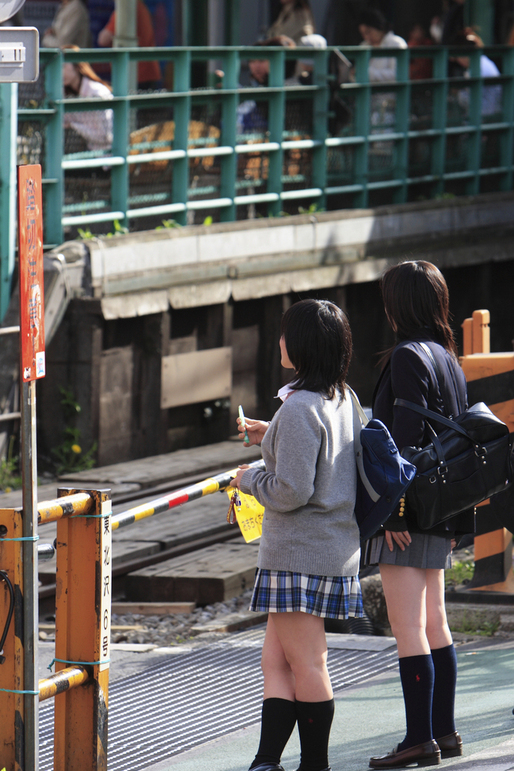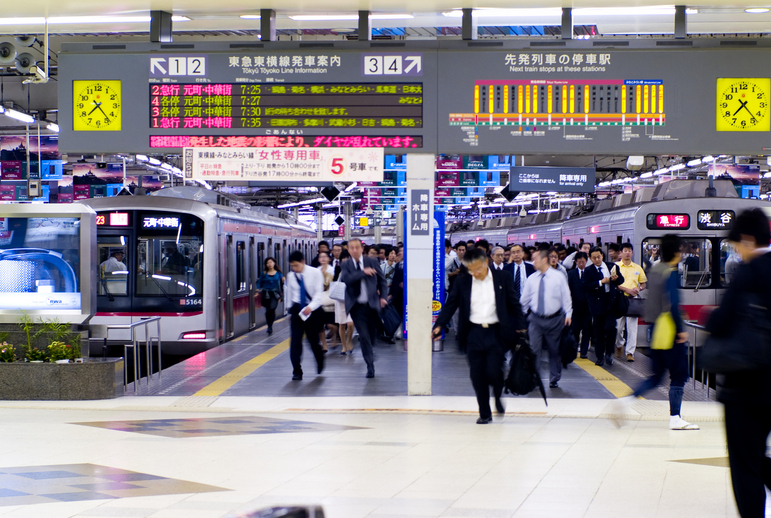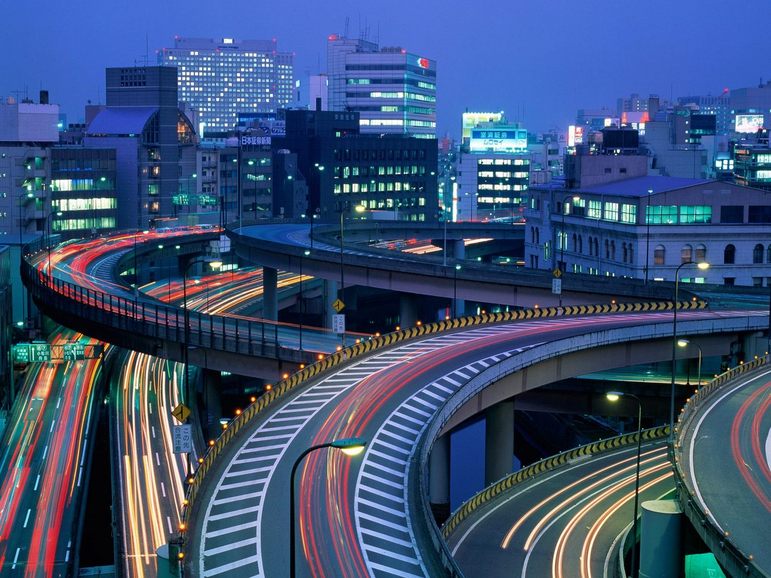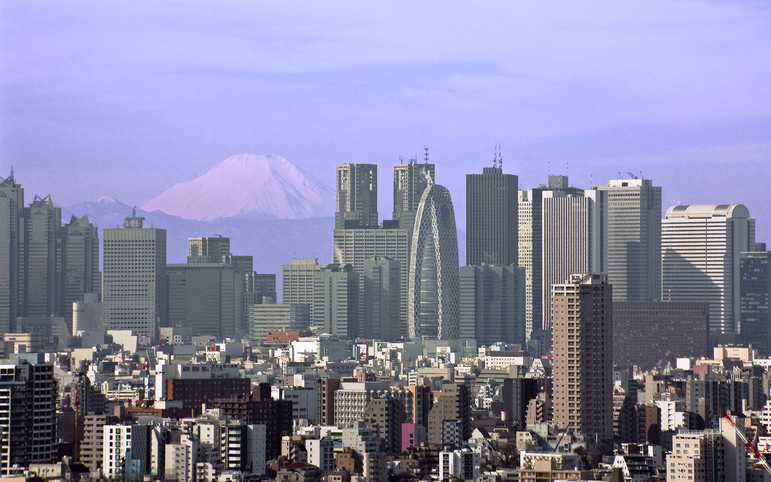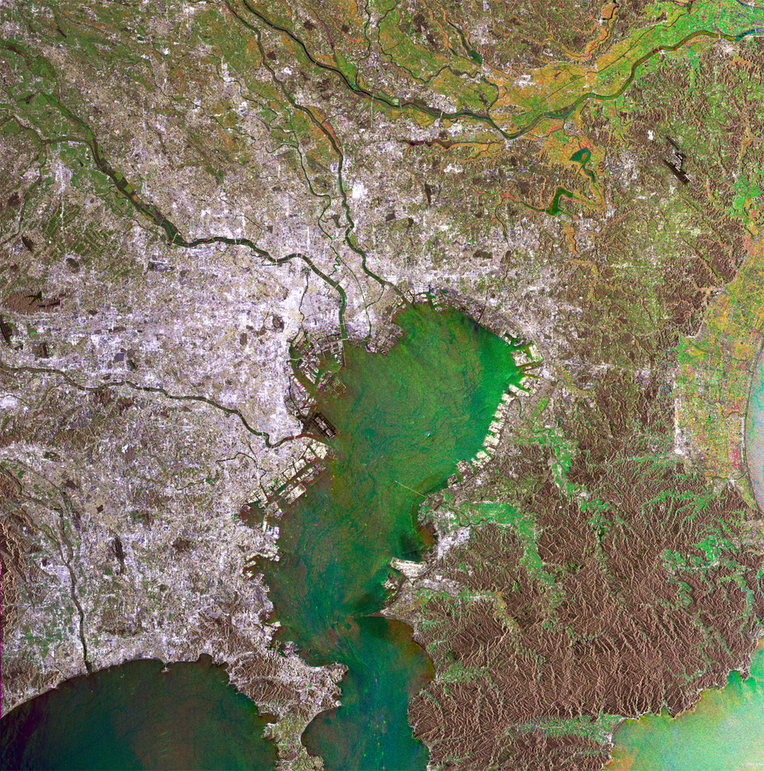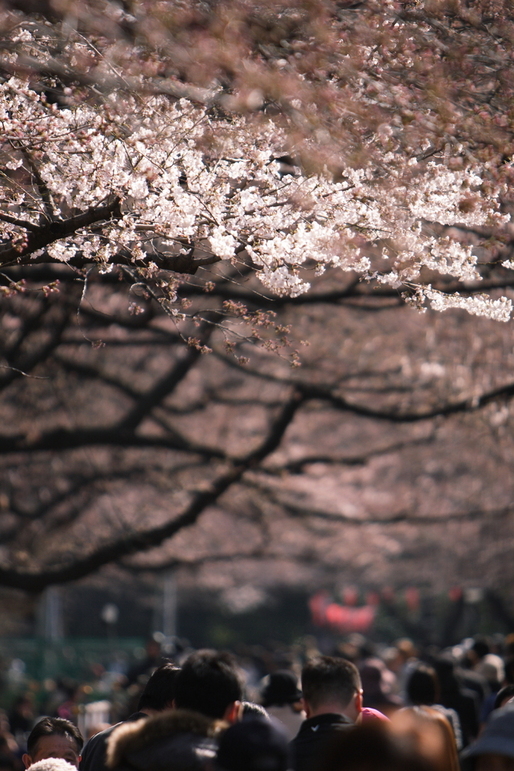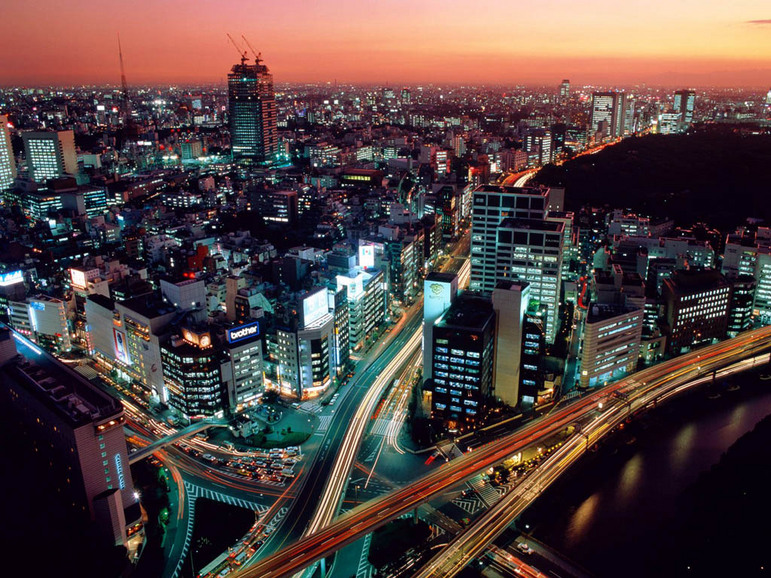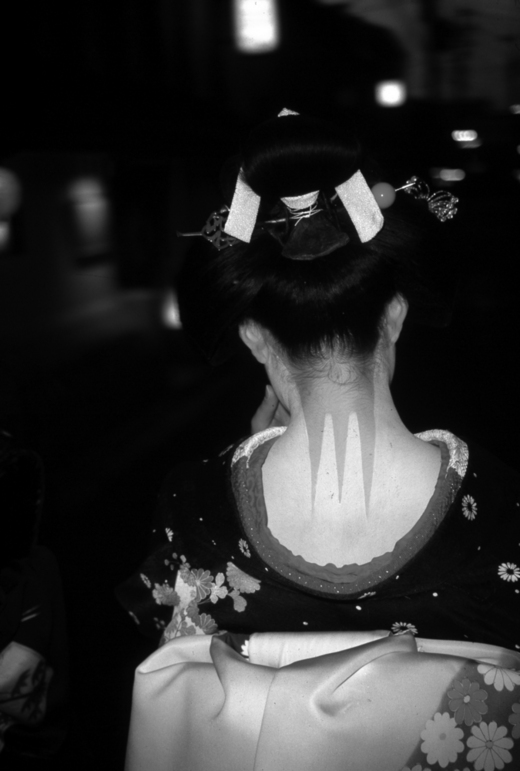Tokyo Utopia
Tokyo, at this moment, is the most interesting metropolis to host our research within, providing endless opportunities for discussion. We must challenge the idea of a super-modern-metropolis and how it could stimulate a new utopia in which live/life, production, and new ways of working are commonplace. Tokyo has been described as one of the three 'command centers' of the world economy, alongside New York City and London. Tokyo is considered an alpha+ world city, listed by the ‘GaWC's’ 2008 inventory, and is ranked third among global cities by ‘Foreign Policy's 2010 Global Cities Index’. In 2010 Tokyo was named the second most expensive city for expatriates, according to the Mercer and Economist Intelligence Unit cost-of-living surveys, and the city was named the fourth 'Most Livable City' as well as the world’s 'Most Livable Megalopolis' by Monocle magazine. Subsequently, the Michelin Guide has awarded Tokyo, by far, the most Michelin stars of any city in the world. The 1964 Summer Olympics restructured the city's infrastructure to become the first 3D urban landscape with its ground floor functioning as one continuous 'carpet'. This event and the following restructuring have had an undeniable impact on the 'rethinking' of Tokyo and its striving for a new identity. Tokyo is currently bidding to host the 2020 Summer Olympics, which will present the city with a whole new challenge for the twenty-first century. What can we learn from a high cultivated society like Japan, which for so long was isolated from the world, and has only since the second half of the nineteenth century, begun to open up? What will be the impact of these developments be on the city's 'nature'? And how can we develop concepts that will give shape to the city's future, while dreaming of new directions for the individual and the collective, all while defining a new utopia for Tokyo?
Wiel Arets, 2012
